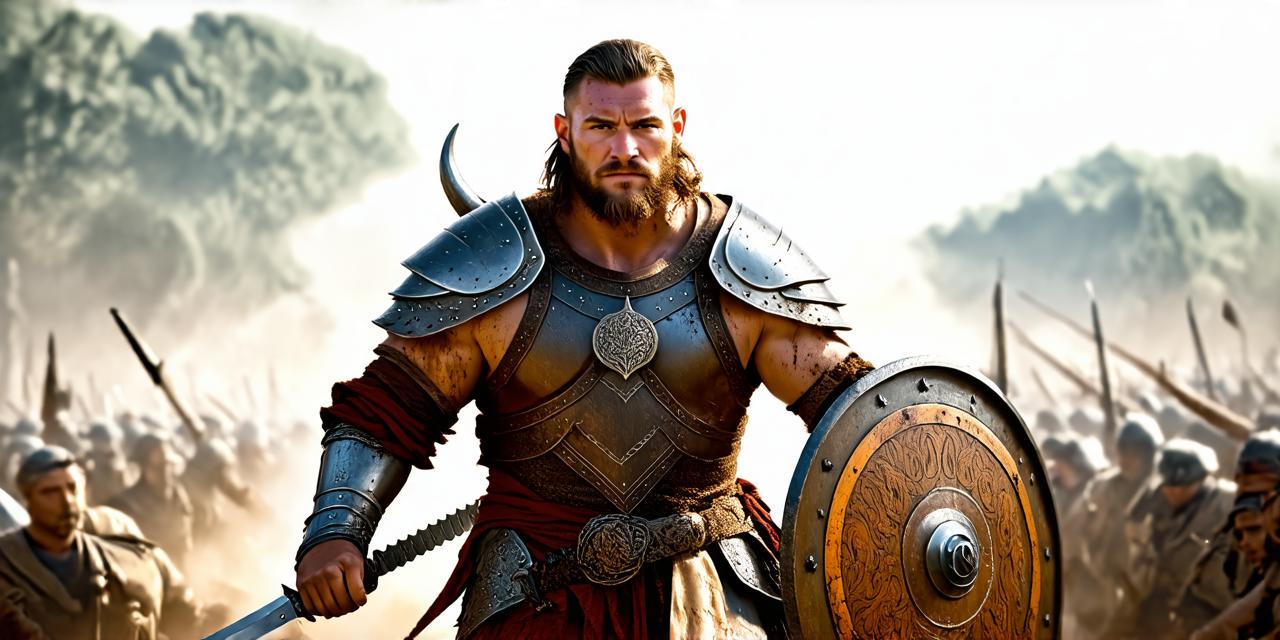Introduction
NFTs are unique digital assets that can represent anything from artworks to collectibles, in-game items, and more. The use of blockchain technology enables creators to tokenize their works and sell them as digital assets, making it easier for artists and collectors to trade and value these items. However, the question of whether NFTs should be protected by copyright has arisen in recent times, leading some experts to believe that they may not qualify for such protection.
Why Copyright Protection Matters for NFTs
Copyright protection provides legal recognition to creators’ original works and gives them exclusive rights to control their use, distribution, and reproduction. This protection incentivizes creators to produce unique and innovative content, leading to the development of new ideas and technologies. In the case of NFTs, copyright protection may be essential in determining the ownership and use of these assets, as well as their value.
Factors Affecting Copyright Protection for NFTs
1. Nature of the NFT
The nature of an NFT can affect its eligibility for copyright protection. For example, if an NFT represents a digital artwork or music, it may be subject to copyright protection under traditional copyright laws. On the other hand, if an NFT represents a utility or a collectible item that does not fit within the scope of copyrightable works, it may not qualify for protection.
2. Creation Process
The creation process of an NFT can also affect its eligibility for copyright protection. For instance, if an NFT is created by a machine or algorithm and requires minimal human intervention, it may not be eligible for copyright protection. However, if an NFT is created through a collaborative effort between humans and machines or involves some level of human creativity, it may be subject to copyright protection.
3. Intended Use of the NFT
The intended use of an NFT can also affect its eligibility for copyright protection. If an NFT is intended for commercial purposes, such as trading or investment, it may not qualify for protection under traditional copyright laws. However, if an NFT is created for educational or research purposes, it may be eligible for protection.
Case Studies and Personal Experiences

Case Study 1: Cryptokitties
Cryptokitties, a blockchain-based game that allows users to breed digital cats and sell them as NFTs, raised over $23 million in Ether during its initial sale. The creators of the game claimed copyright protection for their digital cats, arguing that they were original works of art created by humans. However, this claim was challenged by the creator of a rival blockchain-based cat game, who argued that the cats were not eligible for copyright protection under traditional laws.
Case Study 2: The Gucci x Balenciaga NFT Collaboration
Gucci and Balenciaga collaborated on an NFT collection in 2021, which included digital versions of their iconic logos and fashion items. The collection was sold through a Christie’s auction house and generated over $25 million in revenue. While the collaboration did not involve any original works of art, it highlights how NFTs can be used as a new way to monetize branded content.
Personal Experience: Collecting NFTs
As a nft game developer, I have seen firsthand how NFTs can be used to create unique and valuable digital assets. However, the question of whether NFTs should be protected by copyright is still unclear. As an industry, we need more guidance on this matter to ensure that creators are incentivized to produce original and innovative content while also respecting the rights of others.
Summary
The question of whether NFTs should be protected by copyright is a complex one that requires further investigation. The nature of an NFT, its creation process, and its intended use can all affect its eligibility for protection under traditional copyright laws. While there may not be a definitive answer to this question at this time, it is clear that the legal framework surrounding NFTs is evolving rapidly, and we must continue to monitor these developments closely. As nft game developers, we have a responsibility to ensure that our creations are both innovative and respectful of intellectual property rights.
